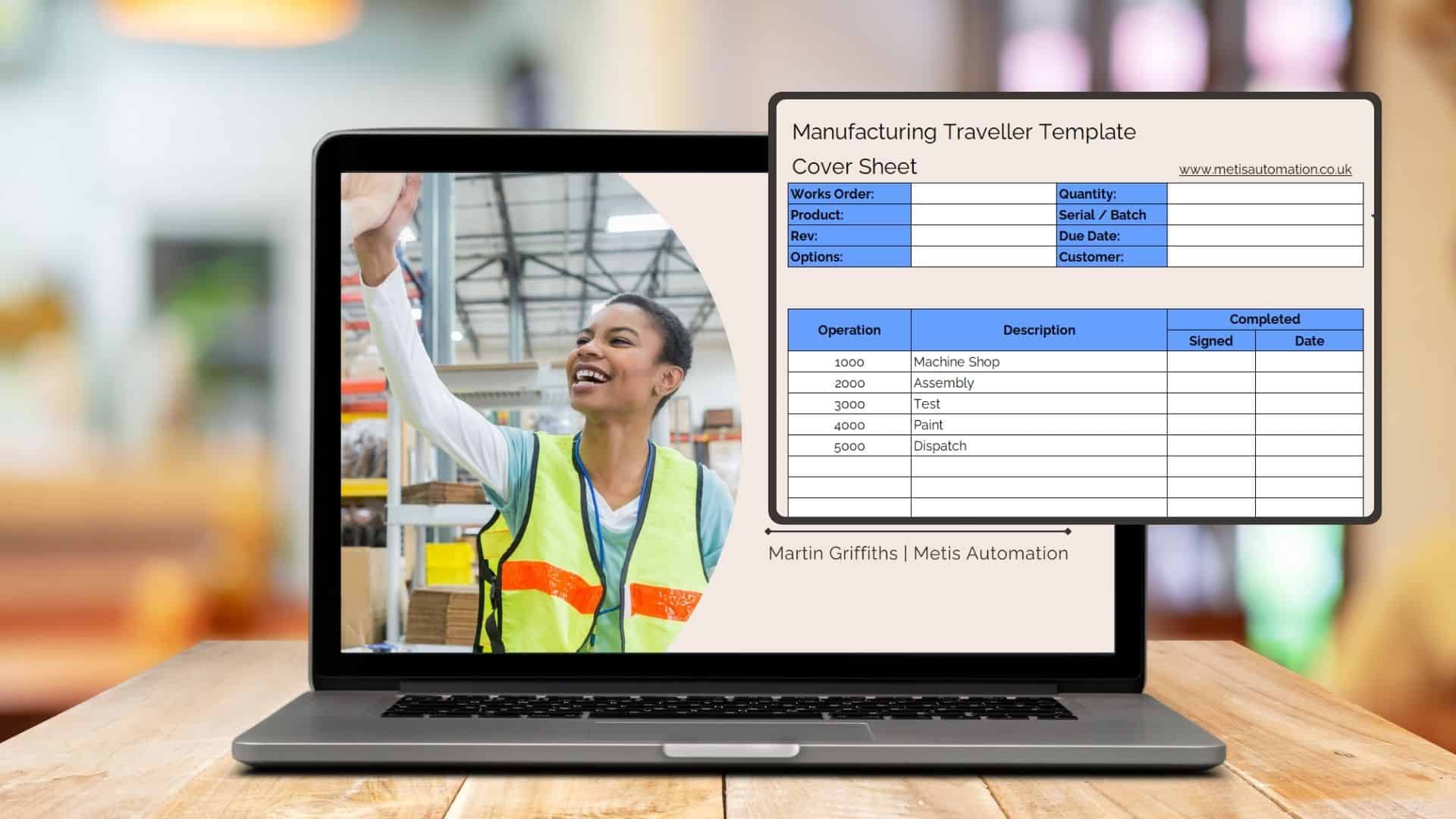The Lean Manufacturing Approach to Cost Control

In today’s highly competitive manufacturing landscape, controlling costs while maintaining high quality is paramount. Lean manufacturing, a methodology that emphasises efficiency by eliminating waste and optimising processes, offers a powerful approach to achieving these goals. This article explores how lean manufacturing can drive cost control and highlights practical strategies that manufacturers can implement to enhance efficiency and reduce expenses.
Kickstart Your Lean Journey
Use our Digital Transformation Starter Kit to begin streamlining your manufacturing processes with foundational digital tools.
Three Key Strategies for Cost Control Through Lean Manufacturing

Initiate Cost-Saving Strategies
Our Starter Kit provides the basic tools to start identifying and eliminating waste in your production, setting the stage for deeper lean integration.
Three Key Strategies for Cost Control Through Lean Manufacturing
Identify and Eliminate Waste

One of the core principles of lean manufacturing is the relentless pursuit of waste elimination. Waste, or “muda,” can manifest in various forms such as overproduction, excess inventory, waiting times, unnecessary transportation, over-processing, defects, and underutilised talent. Conducting a thorough waste analysis using tools like value stream mapping can help identify inefficiencies in the production process. By systematically eliminating these wastes, manufacturers can significantly reduce costs and improve overall efficiency.
Three Key Strategies for Cost Control Through Lean Manufacturing
Implement Just-In-Time (JIT) Production

Just-In-Time production is a cornerstone of lean manufacturing that focuses on producing only what is needed, when it is needed, and in the precise quantity required. This strategy helps to minimise inventory costs, reduce storage space requirements, and decrease the risk of overproduction. By aligning production schedules closely with customer demand and establishing strong supplier relationships, companies can ensure a smooth and responsive production process that maximises cost efficiency.
Prepare for Just-In-Time Production
Get started with our Starter Kit, designed to help you align your manufacturing processes closer to JIT principles with essential planning template
Three Key Strategies for Cost Control Through Lean Manufacturing
Leverage
Digital Manufacturing
Execution Systems (MES)

Incorporating a digital Manufacturing Execution System (MES) can significantly enhance the implementation of lean manufacturing principles. MES solutions, such as Tascus, provide real-time monitoring and control over production processes. They help in identifying bottlenecks, tracking production performance, and ensuring quality control. By automating data collection and analysis, MES reduces the need for manual monitoring, allowing for quicker, data-driven decision-making. This leads to reduced downtime, lower defect rates, and ultimately, substantial cost savings.
Final Thoughts
Adopting lean manufacturing principles is a strategic move for manufacturers aiming to control costs and enhance efficiency. By focusing on waste elimination, implementing Just-In-Time production, and leveraging the capabilities of digital Manufacturing Execution Systems, companies can achieve significant cost reductions while maintaining high standards of quality. As the manufacturing industry continues to evolve, the integration of these lean strategies will be crucial for staying competitive and achieving long-term success.
Let’s Talk Tascus
Want to see how Tascus can cut errors,
speed up production, and simplify
compliance in your factory?





